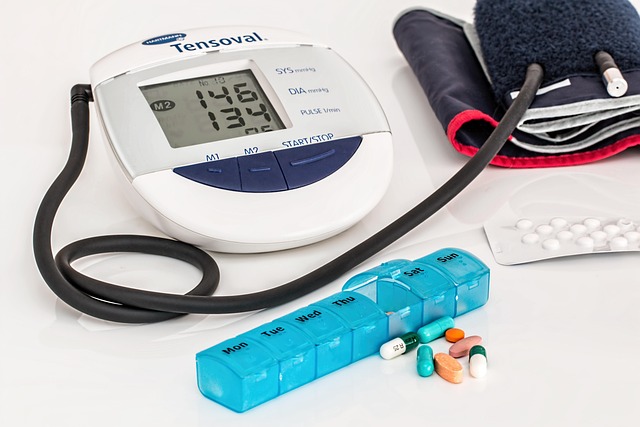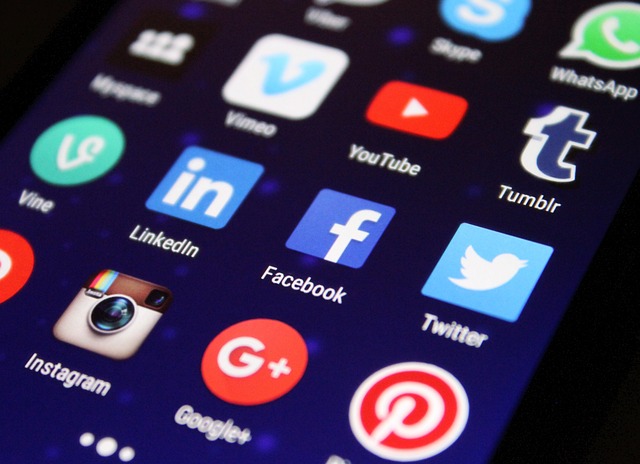Revolutionizing Healthcare with AI: The Future of Remote Patient Care
The realm of healthcare is on the brink of a transformative revolution, largely fueled by advancements in artificial intelligence (AI). As we stand on the threshold of this new era, the concept of remote patient care is becoming increasingly mainstream, bringing forth a future filled with possibilities that not only enhance the patient experience but also improve overall health outcomes.
Technological innovations have paved the way for a paradigm shift in how healthcare is delivered. In recent years, we’ve witnessed the rise of AI-driven platforms that allow healthcare providers to monitor patients’ conditions in real-time from the comfort of their own homes. Imagine a world where a patient with chronic illness doesn’t need to shuffle through hospital lobbies and waiting rooms. Instead, they can receive personalized care through smart devices and wearables that give healthcare professionals vital data at their fingertips. These technologies enable early detection of potential health issues, allowing for timely intervention and reducing the need for emergency care.
Moreover, the integration of AI in remote patient care ensures that clinicians can make informed decisions backed by robust data analysis. For example, machine learning algorithms are now capable of analyzing vast amounts of health data to predict patient deterioration, allowing providers to proactively address health concerns. Such innovations not only empower healthcare providers but also give patients a sense of control over their well-being, fostering a more engaged and proactive approach to health management.
Health innovations are equally pivotal in this revolution. Telehealth, once seen as a temporary solution, has become a permanent fixture in healthcare delivery. Virtual consultations have emerged as a crucial avenue for providing immediate care, particularly beneficial for those in rural or underserved areas. Patients can connect with specialists across the globe, ensuring they receive quality care without the logistical hassle of travel. This is not just about convenience; it’s a matter of accessibility and equity in healthcare.
Furthermore, the advent of AI-powered chatbots and virtual health assistants is helping patients navigate their healthcare journey more smoothly. These tools can provide instant responses to health-related queries, schedule appointments, and even send medication reminders, thereby enhancing patient engagement. By ensuring that patients are more informed and involved in their treatment plans, we are fostering a sense of community and support that transcends traditional healthcare boundaries.
The emotional impact of these changes cannot be overstated. Imagine the relief of a parent who can monitor their child’s health from home or an elderly individual who can consult with a doctor without the stress of transportation. The shift towards remote patient care not only comforts patients but also reassures their families, knowing that their loved ones are receiving the best possible care with the help of advanced technologies.
As we drive forward with these innovations, one thing is crystal clear: the future of healthcare is intertwined with artificial intelligence. It’s a world where patient-centered care becomes the norm rather than the exception, where technology acts as a bridge connecting patients and providers, regardless of distance. By embracing these advancements, we are not just revolutionizing healthcare; we are redefining what it means to care for one another in the modern world.




